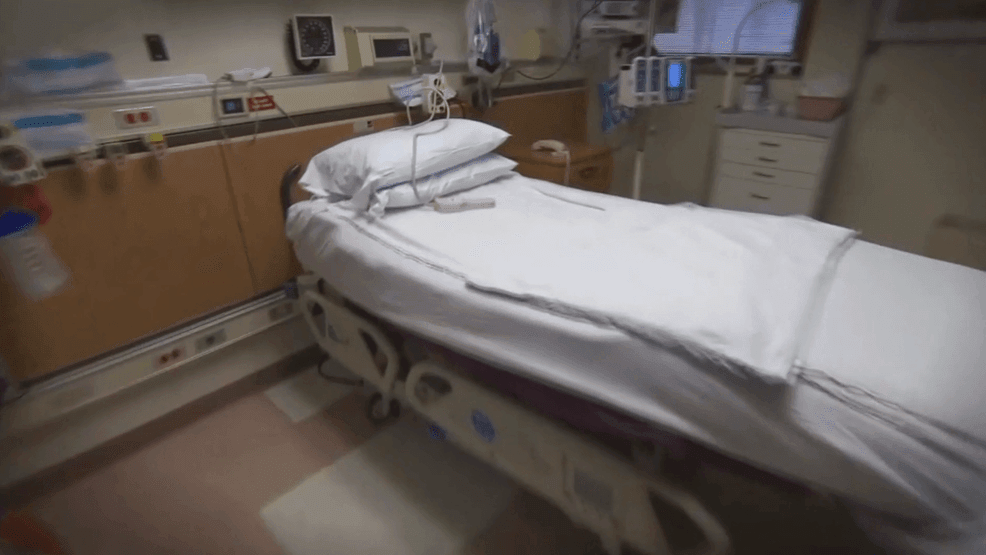SAN ANTONIO — Hospitals across Texas are facing uncertain times—especially those serving Medicaid patients and rural communities. As a potential federal funding cutoff looms, local leaders warn that critical programs could disappear, putting patient care and hospital operations at risk. I attended the Texas Hospital Association conference this week, and here’s what I learned.
“We feel like we are in a position where we’re constantly having to see what the next month brings in terms of payment, certainly with these federal programs, and want to make sure that we’re stabilized in a way to where we can be calm in the face of storm,” said Carrie Kroll, senior vice president of advocacy, public policy and political strategy, Texas Hospital Association.
At the end of the month, the Texas Hospital Association says they’re in a situation where a large portion of federal funding goes away for programs that hospitals rely on—those that provide a disproportionate share of care to Medicaid patients. For 2026 alone, we’re told $800 million in payments are at risk.
“Programs that we used during COVID to help people get better, but outside of the hospital, hospital at Home program ends at the end of the month, as do some of the programs that we’ve set up to help with people who are getting care at our rural facilities,” said Kroll.
Carrie Kroll, the Senior Vice President of Advocacy and Policy for T-H-A, was in D.C. last week discussing these issues, including hospital payment. She says there could likely be a government shutdown—which could have a devastating impact, especially on rural hospitals.
“They have a very small margin, and so their inability to pay the bills at the end of the month is critical, and it changes whether or not they can stay open for their patients. And so what we’ll be seeing in the next couple of days is whether or not the federal government is able to kick the can further down the road in terms of payment, or a hospital is going to have to start making some real serious decisions about what services they can offer their patients,” said Kroll.
In our part of the state, we’re told a major concern is whether people have coverage.
“Oftentimes, if you don’t have the coverage, like many Texans in this area do, they are going to have to go delay care, put it off until they’re more sick, and that’s when you wind up in the hospitals,” said Kroll.
She emphasized the importance of preventative care—especially as the nation faces a significant healthcare workforce shortage.
“San Antonio is well equipped to address the shortage. It’s just so severe at this point and so hard. That’s why we’re seeing the state of Texas and other entities take an initiative to try to juice that workforce, get people to want to enter into health career fields,” said Benjamin Williams, vice president of advocacy and public policy, Texas Hospital Association.
Efforts are underway to tackle the problem, including certifications to support healthcare career advancement and loan repayment plans.
